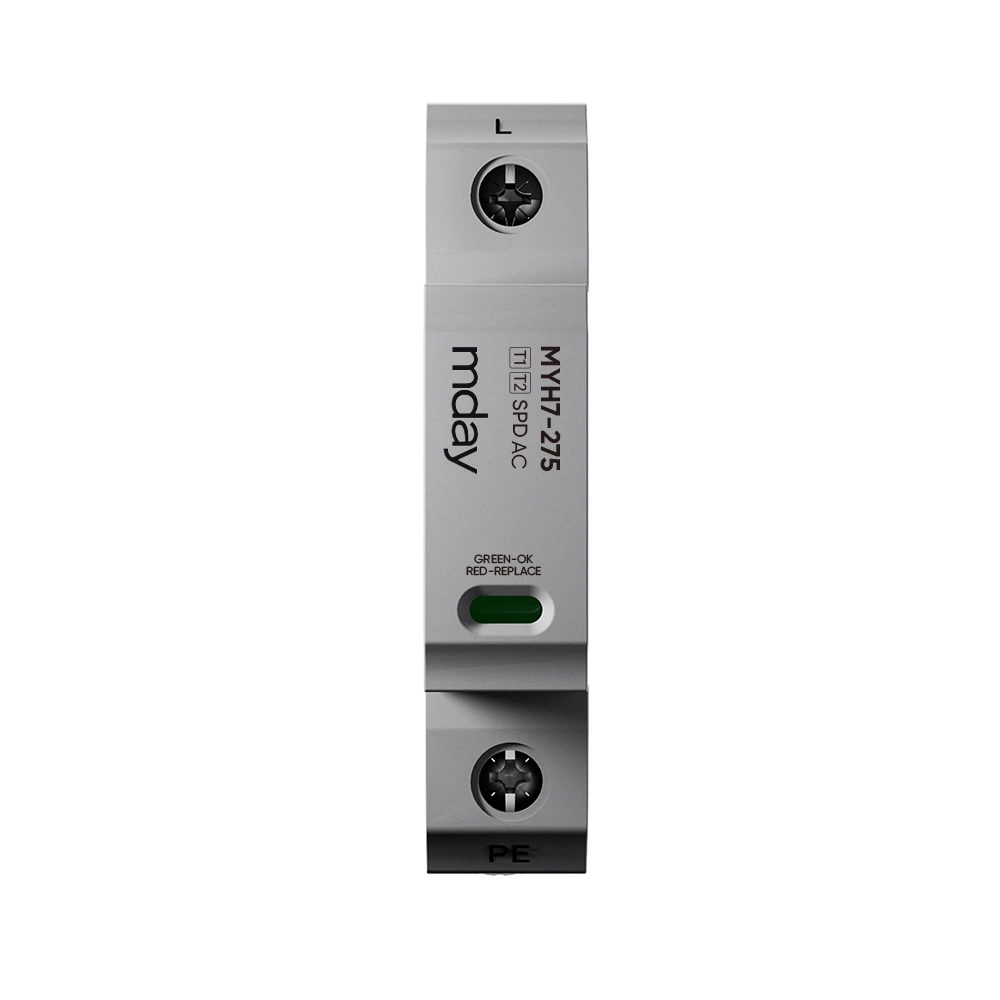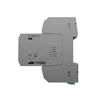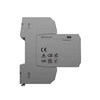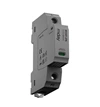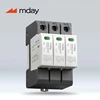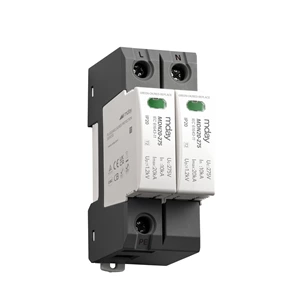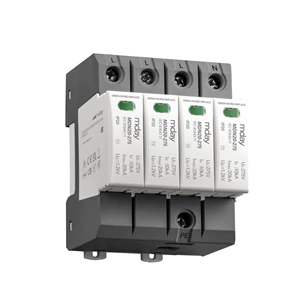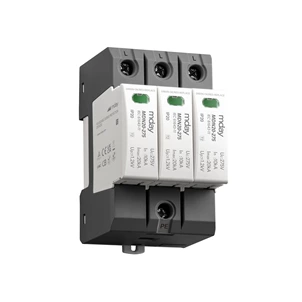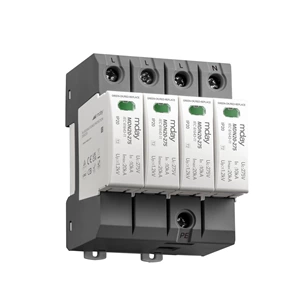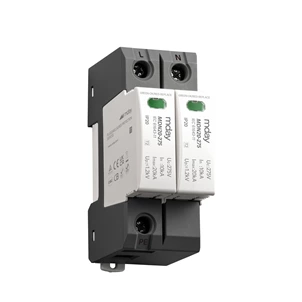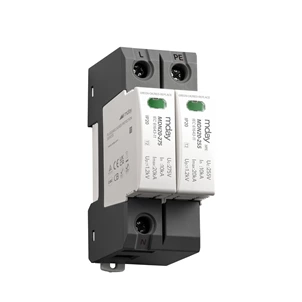How To Select Surge Protector For Distribution Box?
How to select a surge protector for a distribution box? In the power system, a surge protector is a key device to protect equipment from overvoltage. However, many people often encounter problems when choosing a surge protector for a distribution box, such as the protector not working or the equipment being damaged. These problems often stem from incorrect selection. In order to help you correctly select a surge protector for a distribution box, this article will provide you with a detailed selection guide to ensure the safe and stable operation of your power system.
1. Selection of current discharge capacity of a surge protector
How to select a surge protection device for a distribution box? The current discharge capacity of a surge protector is one of its core parameters. Common current discharge capacity parameters include the maximum impulse current Iimp, the maximum discharge current Imax, and the nominal discharge current In. According to the lightning protection level and protection zoning of the building, select a surge protector with appropriate current discharge capacity.
1. Lightning protection level of building electronic information system
National standard GB 50343-2012 Section 4.3.1: The building electronic information system can be selected according to Table 4.3.1 based on its importance, economy and value.
2. Lightning protection zoning
How to select the surge protector for the distribution box? National standard GB50343-2012 Section 3.2: Buildings that need to protect and control the lightning electromagnetic pulse environment should be divided into different lightning protection zones according to the provisions of this specification.
3. Recommended values of surge protector Iimp, Imax, In parameters
2. Selection of surge protector voltage limiting capacity Up
The voltage limiting capacity Up of the surge protector refers to the maximum voltage expected to appear at both ends of the protector under overvoltage impact. According to the equipment's impulse withstand voltage rating Uw, select a surge protector with appropriate voltage limiting capacity to avoid excessive protection levels that cannot effectively protect the equipment.
In the Civil Building Electrical Design Code (GB50343-2012), 5.4.8 effective protector level Up/f should be less than the equipment impulse withstand voltage rating Uw, that is, Up/f ≤ Uw.
Table 5.4.3-1 220V/380V three-phase distribution system impulse withstand voltage rating Uw of various equipment
III. Selection of surge protector withstand voltage UC
How to select the surge protective device for the distribution box? The withstand voltage UC of the surge protector refers to the maximum AC voltage it can withstand continuously. Select the appropriate withstand voltage UC according to the rated voltage of the distribution system to ensure long-term stable use and protection performance.
GB 50057-2010 Section J.1.1 The minimum value of the maximum continuous operating voltage required by the surge protector depends on the system characteristics
In a three-phase four-wire distribution system with a neutral line, the line voltage is √3 times the phase voltage. In a three-phase three-wire distribution system without a neutral line, the line voltage is the same as the phase voltage. Common rated voltages of low-voltage distribution systems are 220/380V, 230/400V (phase voltage is 230V, line voltage is 400V), 380V (three-phase three-wire system, common in industry, machinery field), 690V (three-phase three-wire system, common in large motors, high-voltage motor power supply field). If the system voltage of the TN-S system is 220/380V, select Uc≥1.15*220V.
